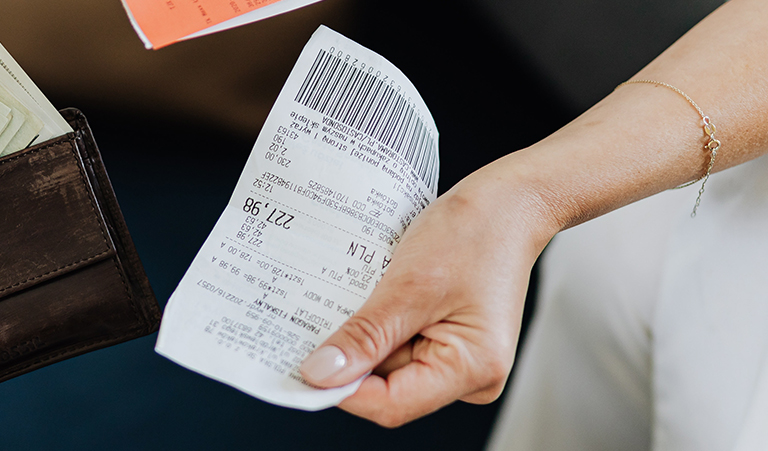As an employer or as an employee, there are always situations where one needs to provide or collect an official receipt. For example, when a sales person takes a client for lunch and therefore needs to provide a receipt to his company in order to claim such an expense.
When it comes to collecting the receipts, however, there are cases when the receipts are not valid for tax purposes.
Invoicing is usually a reference to billing, or an itemized list indicating the goods or services that have been purchased and the amount that is owed to the providing company in question. Meanwhile, most assume that the original receipt (OR) is proof or a supporting document of payment of that invoice. Once the OR has been released, it means that the buyer no longer owes the seller, and the seller can collect the payment, if it wasn’t made in cash.
Every business is mandated by the Bureau of Internal Revenue (BIR) to issue a sales invoice and/or an OR for every sale of property, goods, or services, which includes the leasing of property. The receipt and invoice are used to file for the appropriate taxes with the BIR.
Unfortunately, the belief about invoices serving as a bill for collection is a common misconception. In short, invoices (better known as sales invoices) are used as receipts for the sale of goods, while ORs are used for the sale of services. To give a more specific example, when you purchase groceries, you are given a sales invoice, because you purchased goods, but when you eat in a restaurant, you are given an OR, because you paid not only for the food but for the whole experience of service.
Furthermore, if businesses are VAT-registered taxpayers and are engaged in the sale of goods or property, they issue a sales invoice as written evidence of the sale of a property or item. The invoice has a detailed list of all the items that are sold, which will then determine how much tax the seller has to pay the government, as well as the income tax that can be claimed by the buyer. Then, the company issues a collection receipt that acknowledges that the seller received the payment.
Meanwhile, if businesses are VAT-registered taxpayers engaged in the sales of services, they are mandated to release ORs as written evidence of the leasing of a property or sale of a service. This OR is also used by the seller to determine his tax liability, while the buyer can use the OR for income tax claims.
The same could be said for non-VAT registered taxpayers; the only difference being that the sales invoice is only good for the basis of the percentage of the seller’s tax liability and the buyer cannot use it for tax claims.
